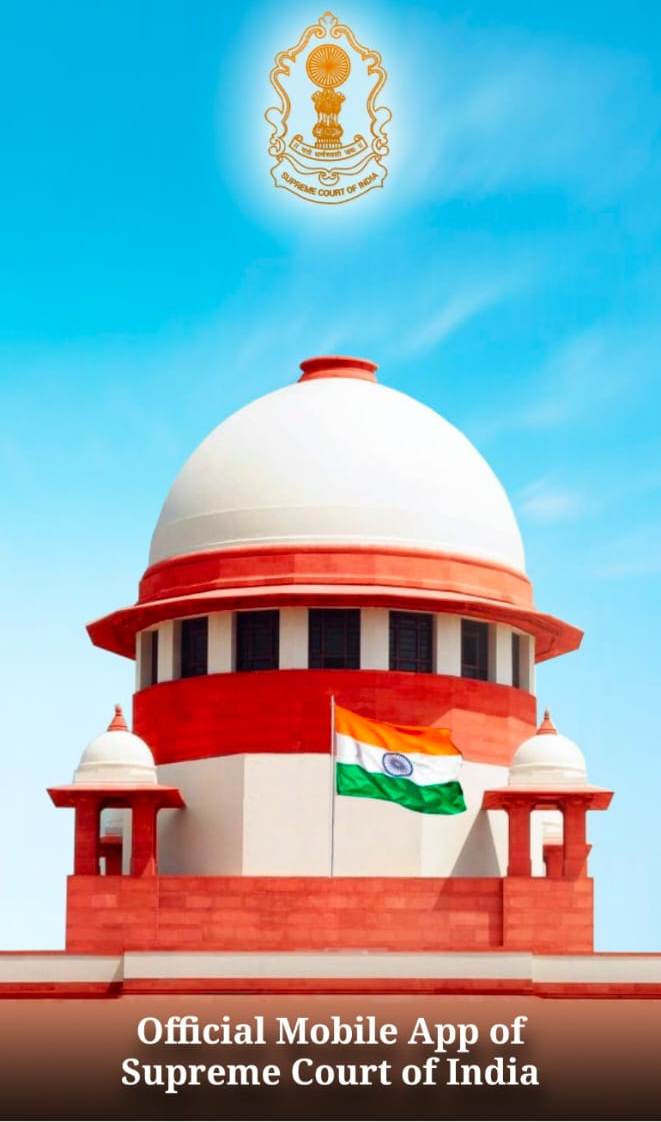The Supreme Court of India said that the caste or religion of an accused person has no relevance when a court is deciding his case.
The Apex Court also said that the same should never be mentioned in the title of the judgment.
A bench comprising of Justice Abhay S Oka and Justice Pankaj Mithal took exception to the Rajasthan High Court and a trial court which mentioned the caste of the accused under the Protection of Children from Sexual Offences Act (POCSO Act).
The Court clearly said that an accused has no caste or religion when the Court deals with his case.
The Court said that it fails to understand why the caste of the accused should be mentioned during judgments of the High Court and the trial court.
The Court said this while hearing an appeal filed by the State of Rajasthan against the High Court’s order reducing the sentence awarded to the respondent-convict from life sentence to 12 years imprisonment.
The convict was found guilty of rape and sexual assault of a 5-year-old child.
The trial court said that the accused was found guilty and was sentenced to life imprisonment but the High Court reduced the same to 12 years taking into account his young age, the fact that he belonged to a poor Scheduled Caste family and was not a habitual offender.
The State moved the apex court in appeal.
The top court noted at the very outset that the case was one that shook its conscience.
The Court said that the offence is so gruesome and heinous that it will impact the victim for her entire life. Court added that the childhood of the victim has been destroyed.
The Court further added that the victim’s life has been ruined due to the trauma and everlasting impact on her mind. It must have converted the victim into a psychological wreck.
The High Court with the given the gravity of the offence and the age of the survivor, the considerations that persuaded were irrelevant.
Mitigating circumstances which weigh in favour of the accused must be balanced with the impact of the offence on the victim, her family and society in general. The rights of the accused must be balanced with the effect of the crime on the victim and her family.
This is a case which impacts the society. If undue leniency is shown to the respondent in the facts of the case, it will undermine the common man’s confidence in the justice delivery system.
However, the Court chose not to reimpose the life sentence but instead increased the rigorous imprisonment sentence to fourteen years without any scope for remission.
Notably, the top court also suggested that the State or Legal Service Authorities ensure that a victim in a child sexual abuse case receives proper counselling by a trained person, and are able to continue with their education.
“It will help the victim children to come out of the trauma, which will enable them to lead a better life in future.
The State needs to ensure that the children who are the victims of the offence continue with their education.
The social environment around the victim child may not always be conducive to the victim’s rehabilitation.”
In this regard, only monetary compensation is not holistic enough in terms of rehabilitation in a true sense, the bench added.
The Court suggested that perhaps the rehabilitation of the girl victims in life should be part of the “Beti Bachao Beti Padhao” campaign of the Central Government. As a welfare State, it will be the duty of the Government to do so…
The registry was directed to forward a copy of the judgment to the Secretary of the Union Ministry of Women and Child Development.


